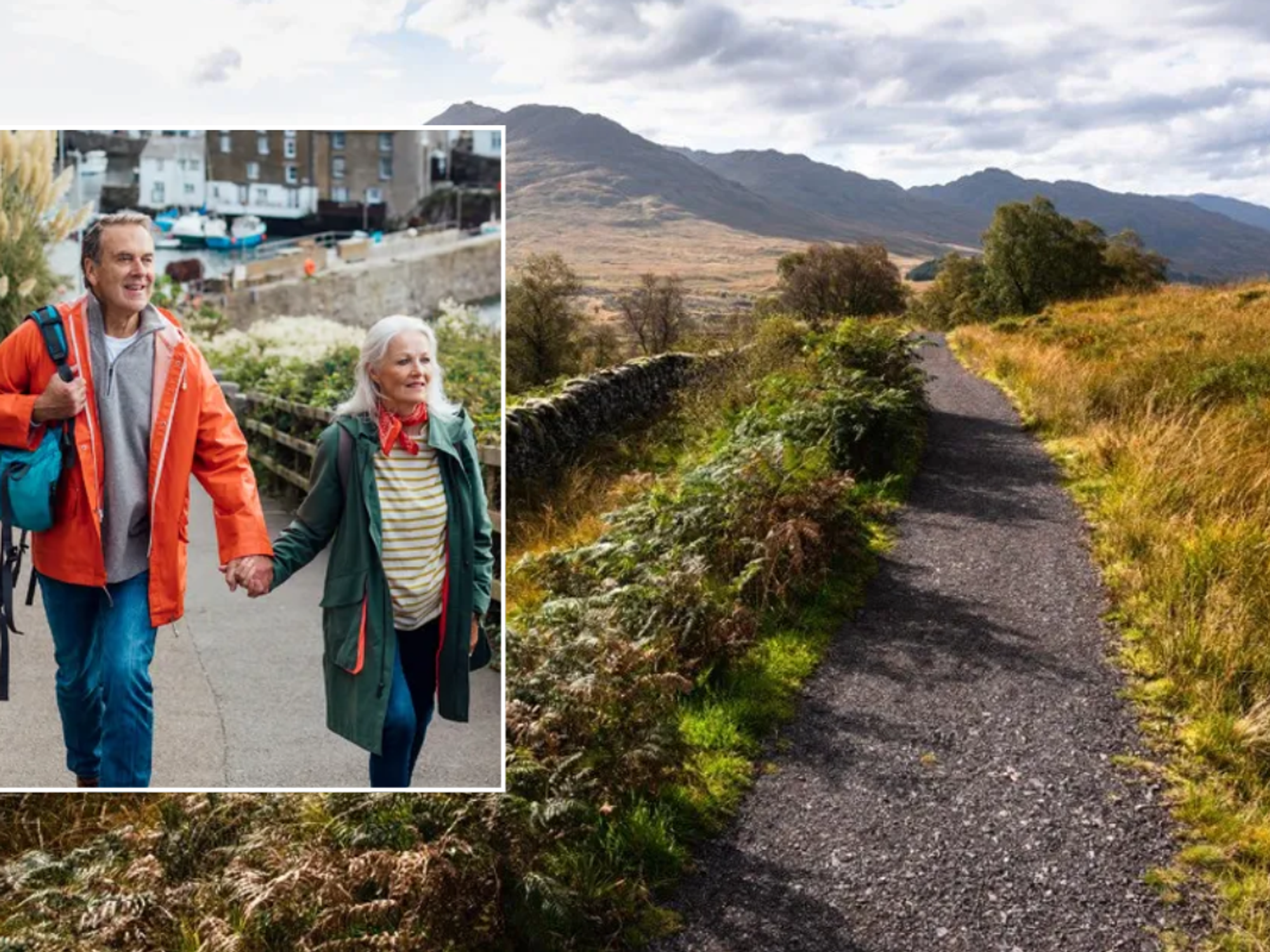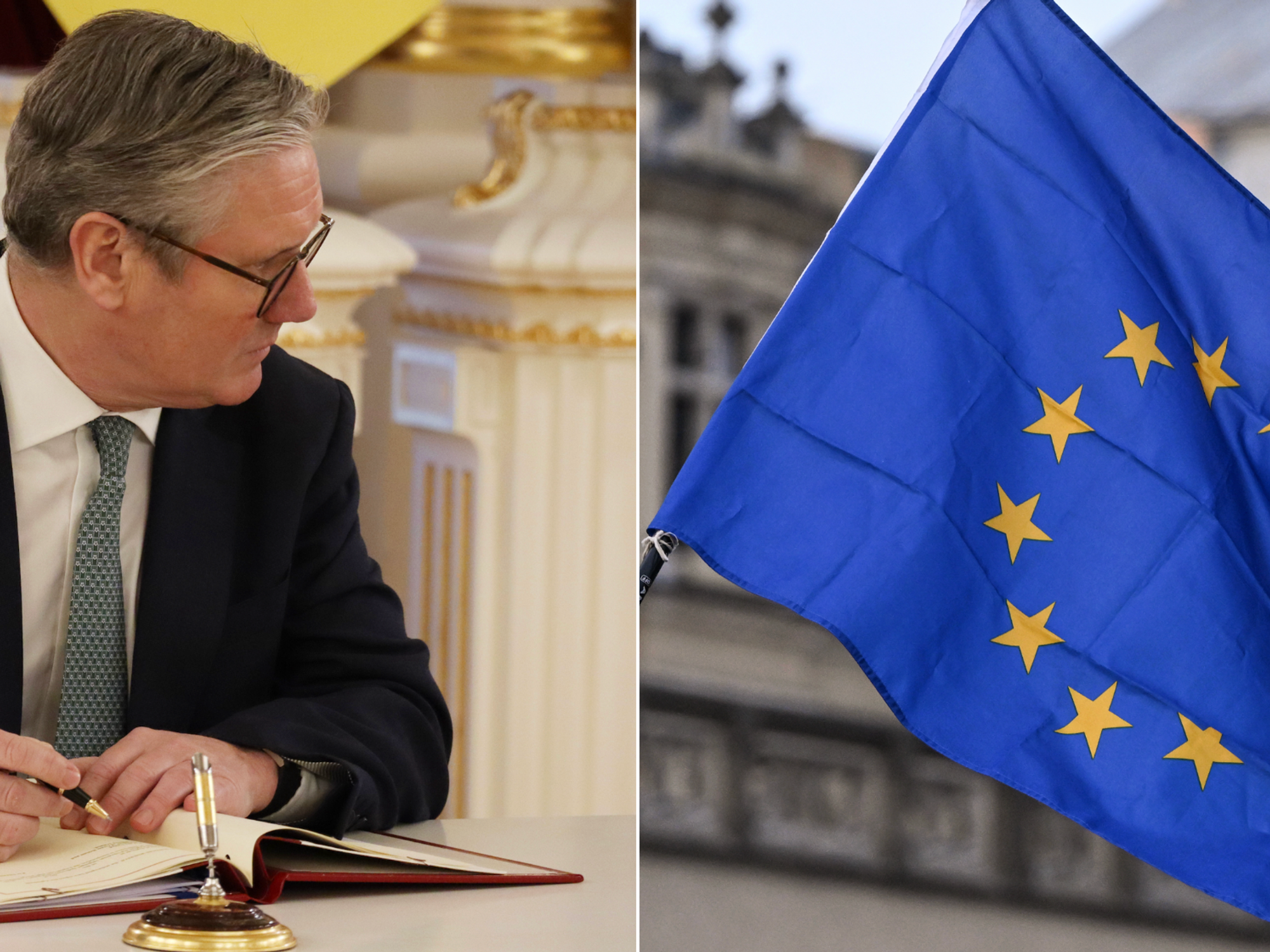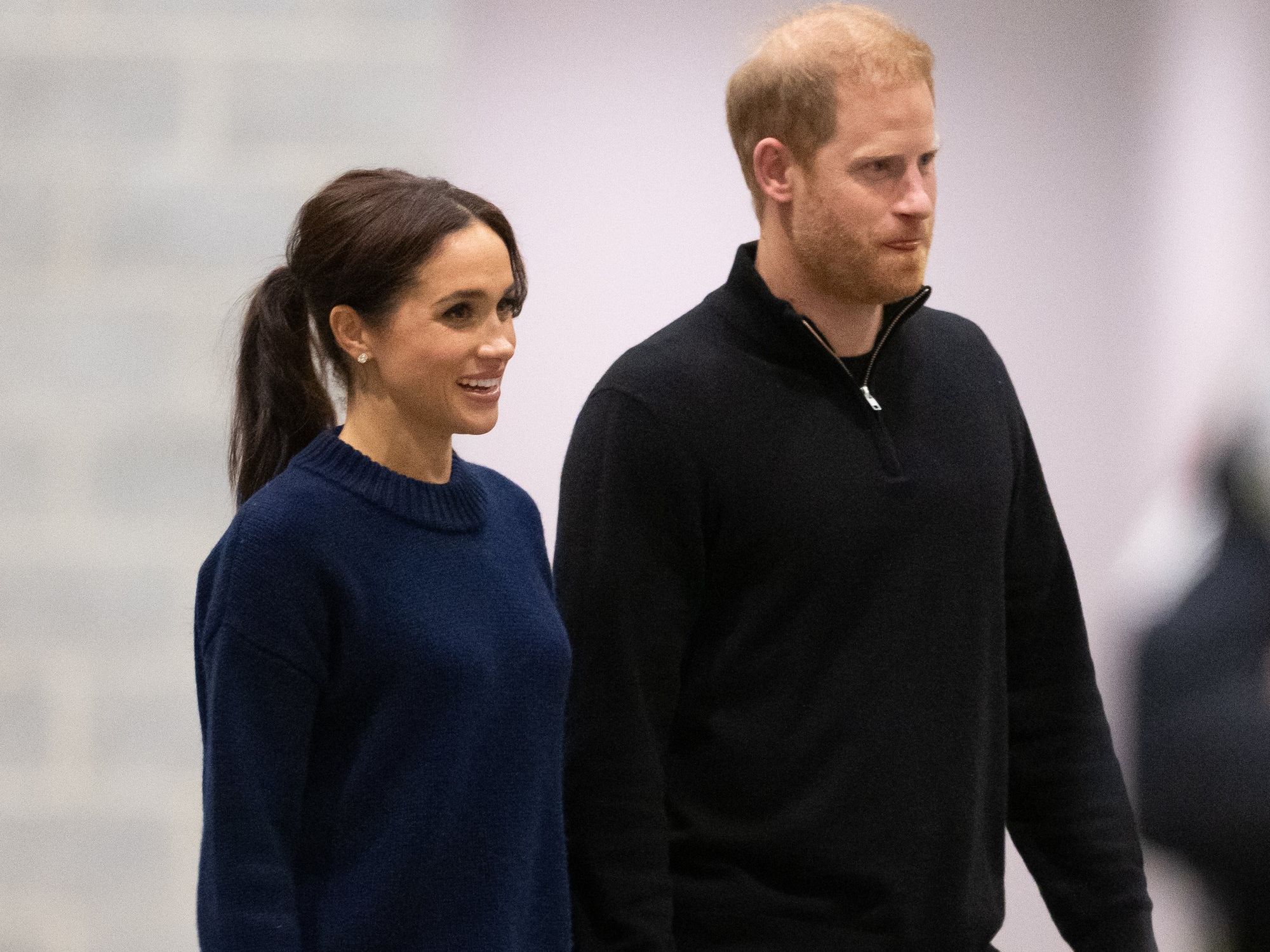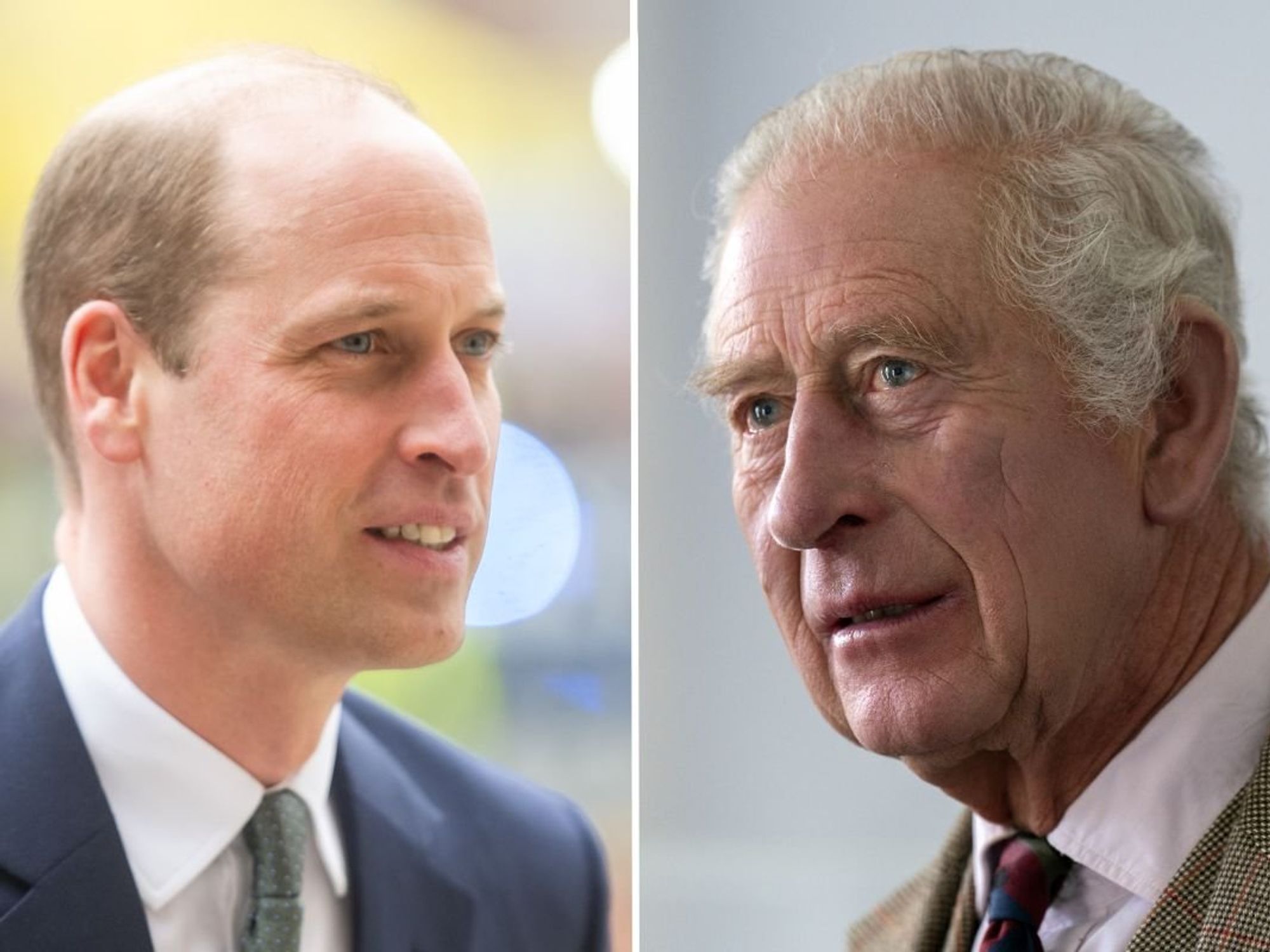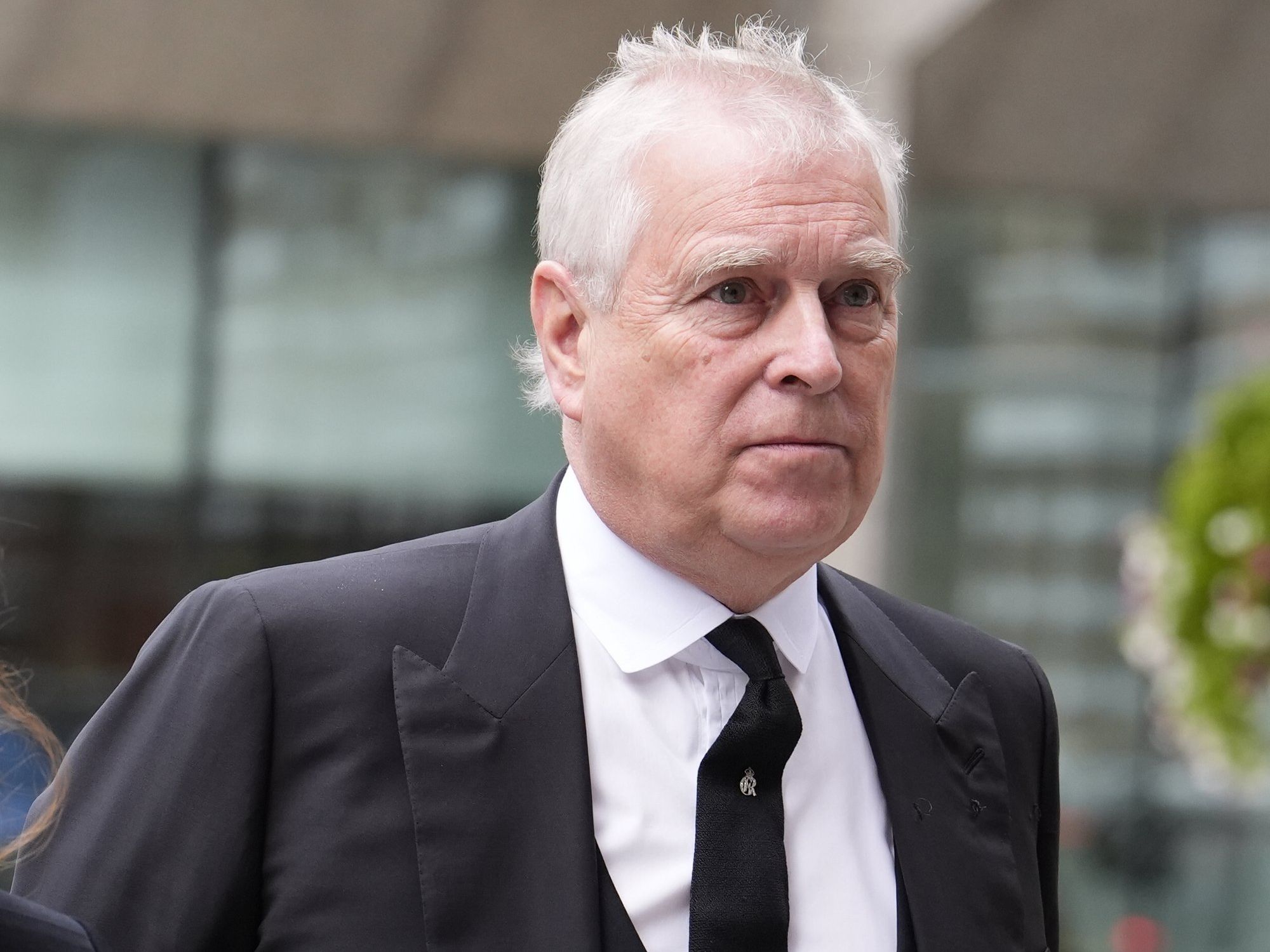Covid: £10,000 fines for people who fake passes under new laws
Businesses must also keep records on the checks they have carried out for at least three months after events, under a section of the law lasting until April 26.
Don't Miss
Most Read
Latest
People who fake Covid passes could be hit with a £10,000 fine under laws on access to nightclubs and other venues in England coming into force this week.
The new criminal offence is contained in laws published on Monday which could also see businesses shut down by councils if they fail to comply with the rules or show they are carrying out suitable checks on customers attending events.
The Health Protection (Coronavirus, Restrictions) (Entry to Venues and Events) (England) Regulations 2021 make it an offence to make, adapt, supply or offer to supply “false evidence of Covid status to another person” which is known to be “false or misleading” as of 6am on Wednesday.
Venues which do not comply with rules on carrying out checks or ignore improvement or closure notices issued by councils could be fined £1,000 in the first instance, reduced to £500 if paid within 14 days.
This increases £2,000 and £4,000 for second and third offences and jumping to £10,000 for fourth or any subsequent offences thereafter.
A 24-page document setting out the regulations, which expire on January 26, said they impose “obligations on those responsible for organising certain events, or managing certain venues to take reasonable measures to ensure that they do not admit any person to such events, or venues unless the person concerned has been fully vaccinated or has tested negative for coronavirus within the last 48 hours, is participating (or has participated) in a clinical trial of a coronavirus vaccine or, for clinical reasons, should not be vaccinated with a coronavirus vaccine.”
Businesses must also keep records on the checks they have carried out for at least three months after events, under a section of the law lasting until April 26.
The rules apply to nightclubs, dance halls, discos, some live music venues, theatres, concert halls or other public buildings, exhibition and conference centres and sports stadiums, and others which are open between 1am and 5am, have a dancefloor, play music for dancing, and serve alcohol in the early hours of the morning.
It separates events, including those taking part in the “English territorial sea”, into categories depending on size, from 500 people to 10,000 or more, whether they are indoors or outdoors and if people are likely to “stand or move around” at any time.
The document adds: “A person who only leaves their seat during an event to use toilet facilities, to obtain food or drink or to leave the event, is not to be treated as moving around for part of the event.”
Customers must present a NHS Covid pass or an approved equivalent certificate to show they have been vaccinated, or show a “valid notification” of a negative test result taken within 48 hours prior to the event unless they are exempt.
The rules do not mention a positive PCR test within six months as a means of entry.
Venues are “required to check every person admitted to the event or venue” unless they get approval from councils in advance to carry out spot checks instead if clearing everyone for entry would not be possible, would lead to crowds gathering and present a safety risk or a “potential threat for terrorist action”.
The rules give councils powers to issue improvement or closure notices if officers have concerns about venues adhering to the rules and think action needs to be taken to minimise the risk of exposure to coronavirus.
Others who are exempt include venue employees, anyone attending for “official duties” or organised sports or fitness activities, children under 18, and emergency services.
Exceptions to the rules include weddings, funerals, memorials and other “significant life events” like celebrating someone’s birth, “coming of age” or ceremonies to mark religious membership, as are events taking place in private houses, pubs, cafes, restaurants, bars and social or members’ clubs unless the event is ticketed and there is a charge for entry.
Human rights barristers Adam Wagner, who examines coronavirus regulations and interprets them on Twitter for the public, said the laws were “so complex” and it was “absolutely absurd” they were published less than 24 hours before Parliament is due consider and vote on them.
Amendments to separate Covid laws, published at the same time, confirm the Government’s decision to scrap self-isolation for those who have come into contact with a suspected Omicron Case take effect from 6am on Tuesday.






